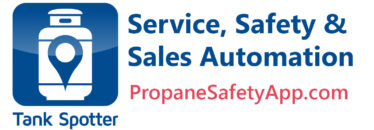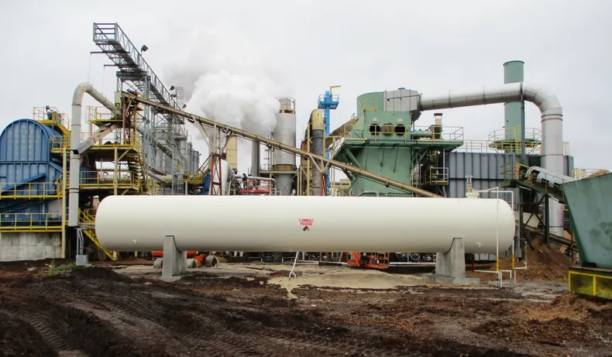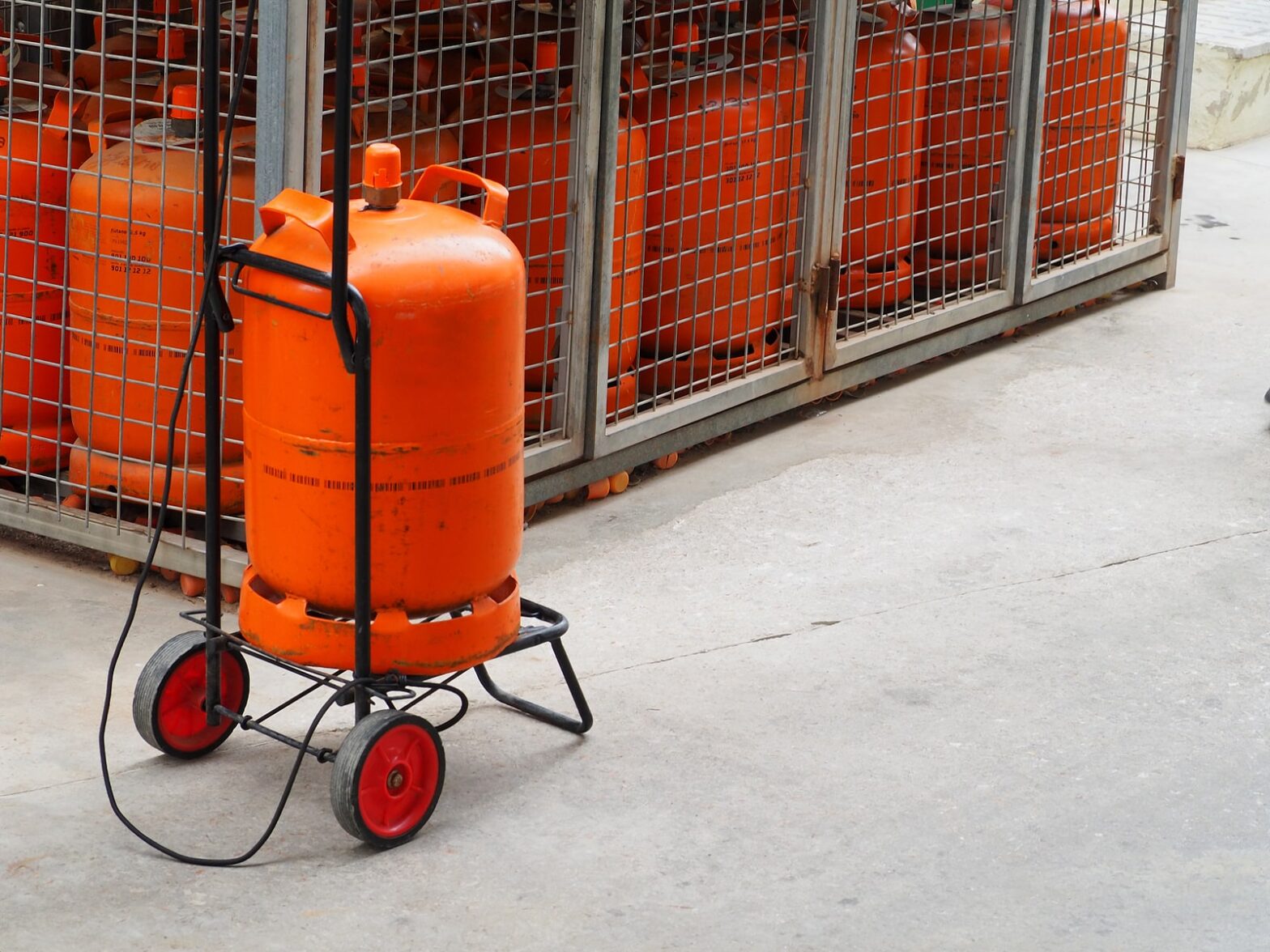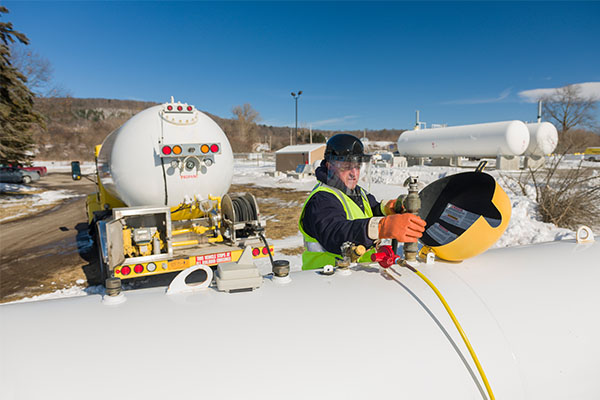Growth Beyond Borders: Expanding Your Propane Business

Expanding your propane business into new geographic areas is more than transporting propane into a new region. It involves strategic planning, understanding market dynamics, complying with local regulations, and establishing a solid customer base. Below, we explore actionable strategies propane delivery businesses can employ to successfully enter new markets. These include:
1. Completing Market Research and Analysis:
Before venturing into a new geographic market, thorough research is essential. Understand the demographic makeup, competitor landscape, local demand for propane, and economic conditions. Identify potential gaps in the market that your business could fill. For instance, if there is a high demand for eco-friendly fuel options and limited suppliers, that might be your entry point.
2. Understanding Legal and Regulatory Considerations:
Each region comes with its own set of laws and regulations. These include environmental regulations, transportation laws, business licensing, and safety standards. Ensuring that you and your team fully understand and comply with these rules is paramount. Hiring local legal counsel could provide invaluable assistance in navigating these requirements.
3. Strategic Marketing and Brand Positioning:
Entering a new market requires a strong marketing strategy. This involves positioning your brand effectively, highlighting your unique selling propositions, and leveraging digital and traditional marketing channels. Tailor your marketing messages to address the specific needs and concerns of the local population.
4. Building Relationships with Local Stakeholders:
Forming partnerships with local businesses or community leaders can ease your entry into the market. Stakeholders can offer insights that are unique to the community and help foster trust between you and your prospective customers. Consider joint ventures with local entities to benefit from established infrastructure and market presence.
5. Setting Up Efficient Distribution Channels:
Logistics is a critical part of the propane delivery business. Assess the most cost-effective and reliable methods to store, transport, and deliver propane to your customers. This might involve setting up storage facilities, planning optimal delivery routes, or partnering with local distributors.
6. Prioritizing Customer Service Excellence:
Emphasize building a solid local customer service team that understands the community’s unique needs and cultural nuances. Excellent customer service can be a significant differentiator in a competitive marketplace. Implement training programs that equip your staff with the skills to handle client queries and issues effectively.
7. Monitoring Performance and Gathering Feedback:
Once your operations are underway, establish a system for monitoring performance through metrics like delivery times, customer satisfaction, and market share growth. Regularly gather customer feedback to understand what is working and what needs improvement. Be prepared to adapt your strategies based on performance data and customer insights.
Expanding your propane delivery business into new geographic territories can be a lucrative growth strategy. Still, it requires comprehensive planning, an understanding of local market conditions, and an unwavering commitment to customer service excellence. By undertaking thorough market research, complying with legal standards, forging local partnerships, and continuously assessing your strategies, your business can successfully experience impressive levels of growth and expansion.






















